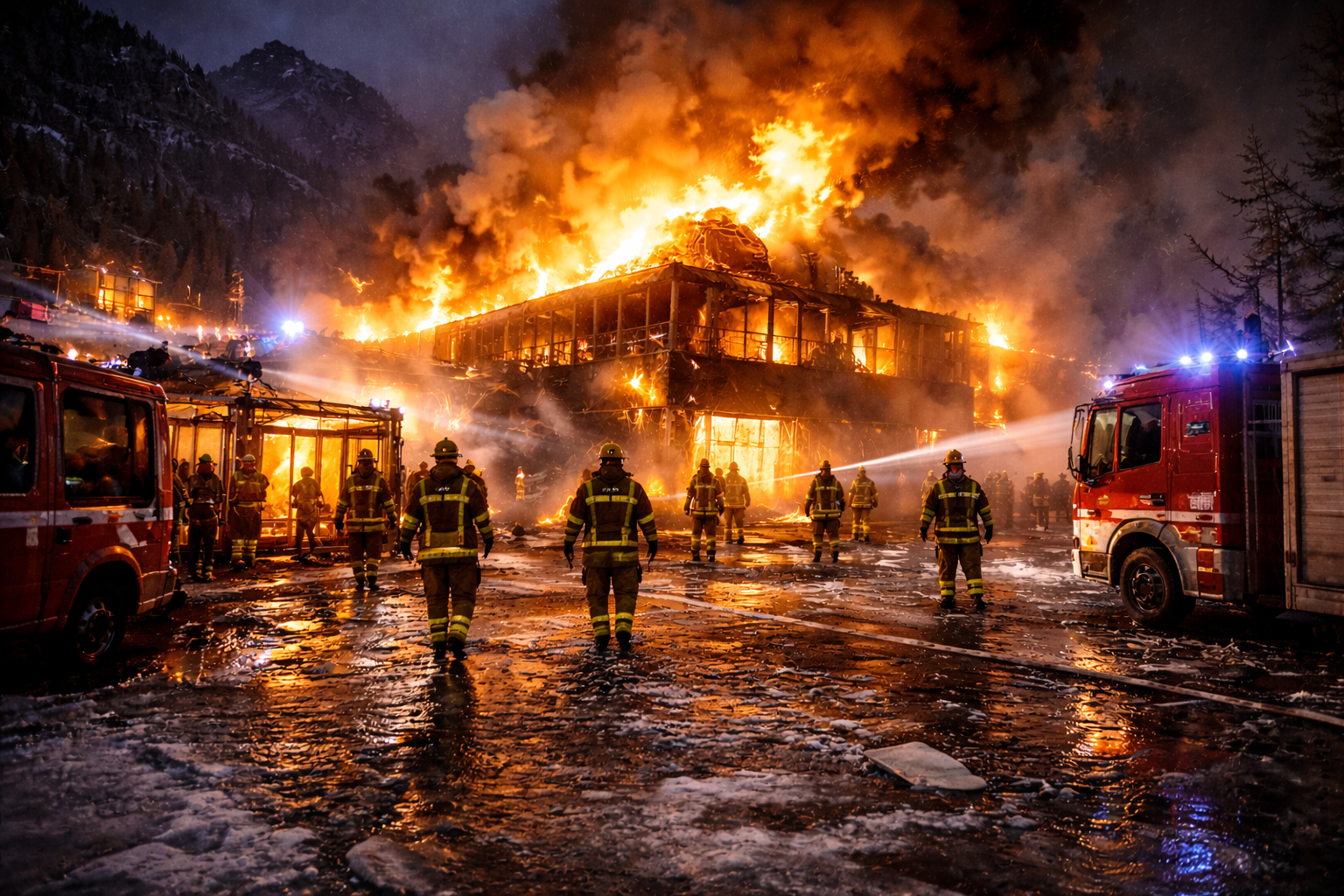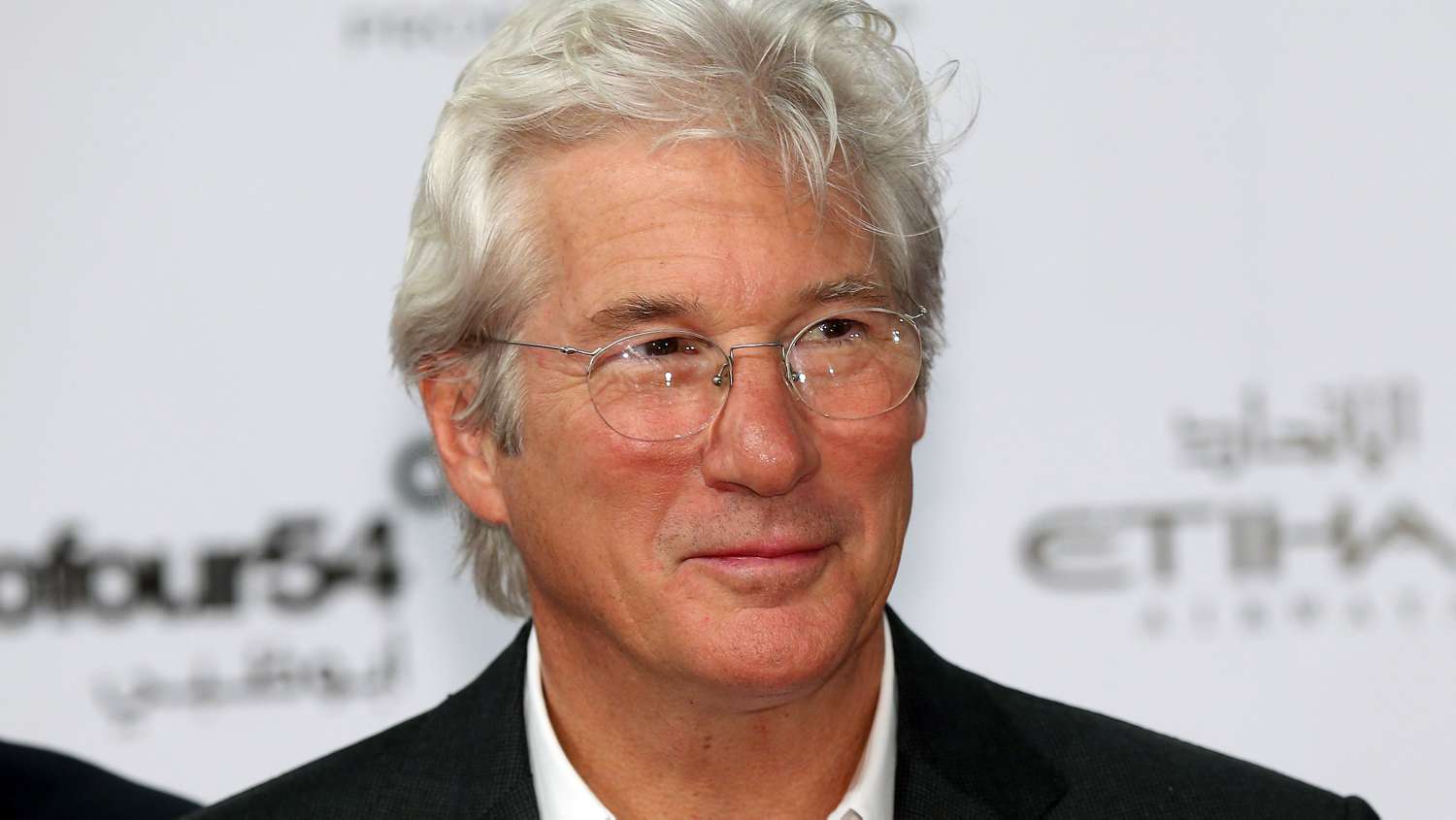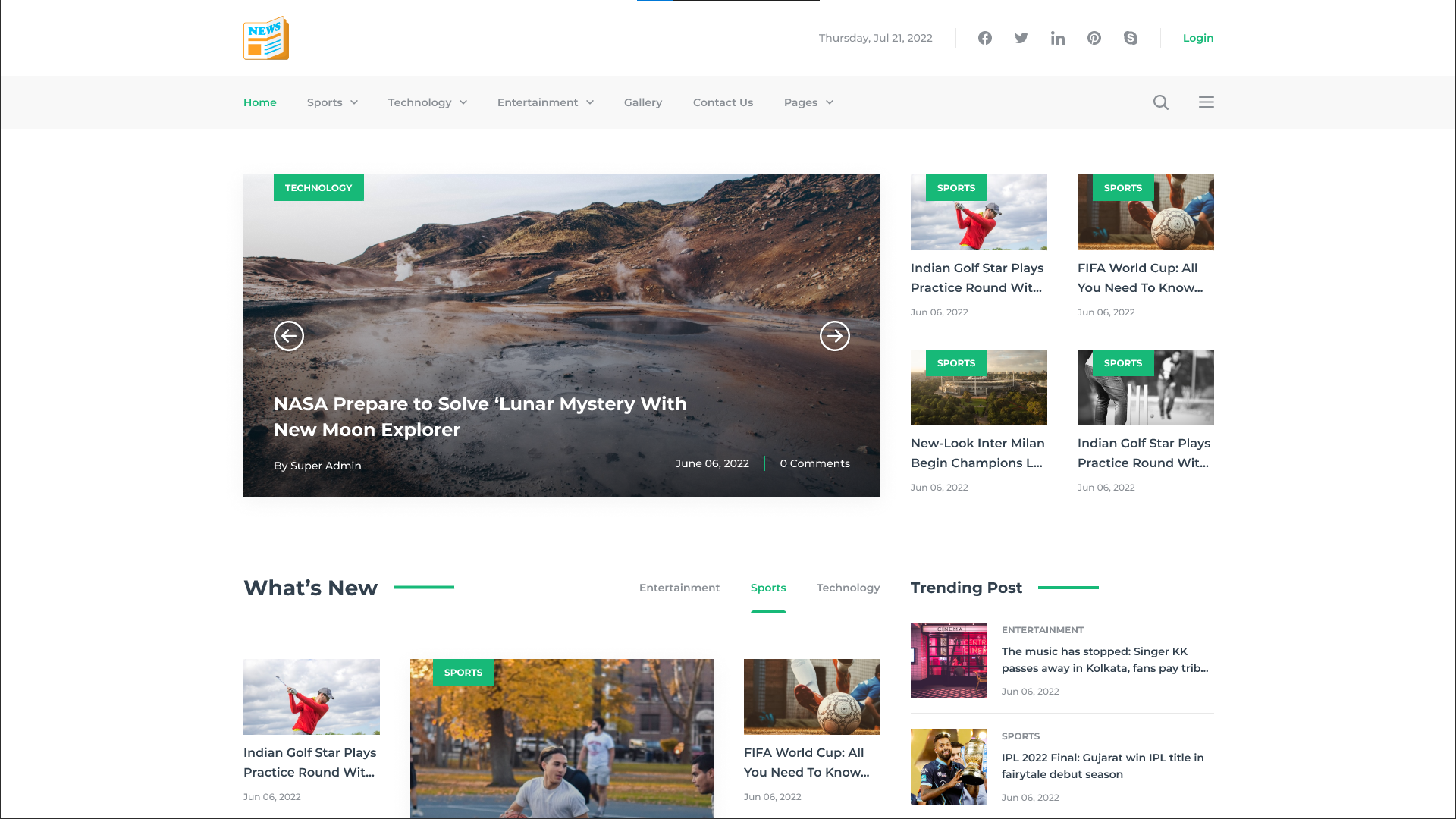How Artificial Intelligence Is Changing the World in 2026
Discover how AI is reshaping industries, healthcare, and leadership in 2026—and why the future depends on human-machine collaboration.
Artificial intelligence has moved from being a futuristic concept to a defining force in our daily lives. In 2025, AI is everywhere guiding decisions, reshaping industries, and quietly becoming part of how we live and work. From healthcare and education to transportation and leadership, its influence is no longer a theory; it’s reality.
AI’s biggest impact is in business. Across industries, intelligent systems are helping organizations make faster, smarter decisions. Executives now rely on predictive models to spot trends before they happen, optimize operations, and understand markets with precision. The new rule of leadership is simple: those who use data to think ahead lead the future. This is not about replacing humans but amplifying what people can do with better insights.
In healthcare, AI has shifted the focus from curing to preventing. Medical systems now analyze patterns in scans, lab tests, and even wearable devices to detect diseases long before symptoms appear. This means patients receive care that’s proactive, not reactive. Doctors describe it as moving from “treatment” to “prediction” and the results are saving lives.
The modern workplace is also evolving. Instead of fearing job loss, many professionals are learning to work alongside intelligent systems. Routine tasks are automated, freeing people to focus on creativity, empathy, and innovation. New roles have emerged AI ethicists, prompt engineers, and digital workflow designers, jobs that didn’t even exist five years ago. The workforce of 2026 is not about competing with machines but collaborating with them.
AI’s presence extends beyond offices and hospitals. Smart cities now use intelligent networks to manage energy use, reduce traffic congestion, and cut emissions. Homes are becoming adaptive spaces that learn from our habits. Even entertainment and shopping experiences are tailored through AI systems that understand personal preferences with uncanny accuracy.
But with this progress comes responsibility. As AI grows more capable, questions of ethics and transparency take center stage. Governments, companies, and researchers are working to ensure that intelligent systems make fair and explainable decisions. The conversation is no longer about what AI can do, but what it should do.
Ultimately, the rise of AI is not the end of human leadership, it’s the evolution of it. Machines may process information faster, but only humans can imagine, empathize, and inspire. The leaders shaping 2026 understand this balance. They use AI as a partner, not a threat, blending logic with humanity to guide progress responsibly.
Artificial intelligence is not taking over the world it’s transforming it. The real story of 2026 is one of collaboration between people and machines, building a future that’s both smarter and more human.
The world in 2026 is not just “more digital” it’s fundamentally reshaped by AI. The companies, governments and individuals that embrace this change not just technically, but ethically and strategically will lead the next wave of value creation. AI is no longer a tool on the side it’s the central axis of change.
Leadership in this era demands more than owning the technology; it requires vision, governance, human-centered design, and a willingness to rethink everything from jobs to value chains.
Comments 0
Most Read
Recommended Post





















Leave a Comment